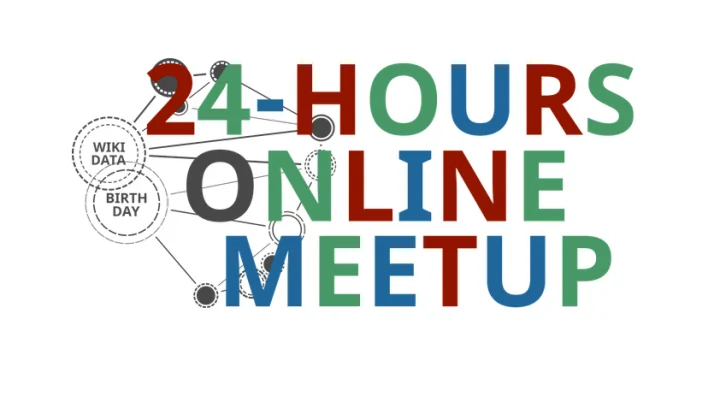First parts of phase 2 of Wikidata going live
Lydia Pintscher
4. February 2013
A few days after the roll-out of the first phase of Wikidata on the first three Wikipedias (Hungarian, Hebrew and Italian) the next step for Wikidata happened today. The first parts of phase 2 (infoboxes) are now in use on wikidata.org.
What does this mean?
With this deployment you will be able to create statements. To do this you connect items with properties to other items or to content on Wikimedia Commons. This sounds more complicated than it really is. Here is an example: You will be able to create a property “child”. Then you can add a statement to the item for Marie Curie using this property to say that she is the mother of Irène Joliot-Curie and Ève Curie. You can then create another property “portrait”. Using this you can add another statement to the item for Marie Curie linking to a portrait of her on Wikimedia Commons. You can support all of these statements by adding references to them. You can see the result of this in the screenshot.Just like we did with the language links, this is currently only on wikidata.org and not yet used on any Wikipedia. Additionally it is limited to two data types (items and images on Wikimedia commons). More data types will follow later. These include for example coordinates and dates. Also, the references are currently overly simple and allow only a single property and value. In the future, this will be a list of such properties and values, so that you can make more structured references. Bear with us as we roll out iteratively.
What’s next?
The next step is deployment of the language link part to the English language Wikipedia. This is currently planned for February 11. After that all other Wikipedias will follow. This is currently planned for February 27.
If you want to stay up-to-date on everything related to Wikidata subscribe to the weekly newsletter.






[...] reported by Wikidata on its blog, the deployment means contributors now can create statements. A statement is one piece of data [...]
[...] Die ersten Teile von Phase 2 wurden auf wikidata.org in Betrieb genommen. Wir arbeiten jetzt an den noch fehlenden Teilen von Phase 2. Das beinhaltet zum Beispiel die Möglichkeit ein Datum oder eine Geokoordinate einzugeben. [...]
Snipre: I hope to have some news to share soon. At the moment I unfortunately don't. Sorry.
@Lydia. Could you give us information about the future of Wikidata team after March 2013 ? Do you have enough funds to continue supporting the project ? Thank you
Good news but it would be more simpler to start with a list of predefined properties taken from the main infoboxes and to start to play with that before to let contributors to be able to create new properties.
Jeff: I created a bug report here for it: https://bugzilla.wikimedia.org/show_bug.cgi?id=44683 Progress will also be in the weekly summaries. Clive: http://meta.wikimedia.org/wiki/Wikidata (especially the things in the sidebar) and http://meta.wikimedia.org/wiki/Wikidata/Development have all the public information.
Hello, is Wikidata implemented using a graph database, any technical approches being shared online?
Thank you for the quick reply. Where can I follow development of qualifiers, since they are crucial? As the primer says, "The qualifier is an integral part of the statement: take away the qualifier, and the meaning of the statement is changed."
We have not yet set a date for that as they have not been implemented yet.
Hello. When will qualifiers for claims be rolled out?